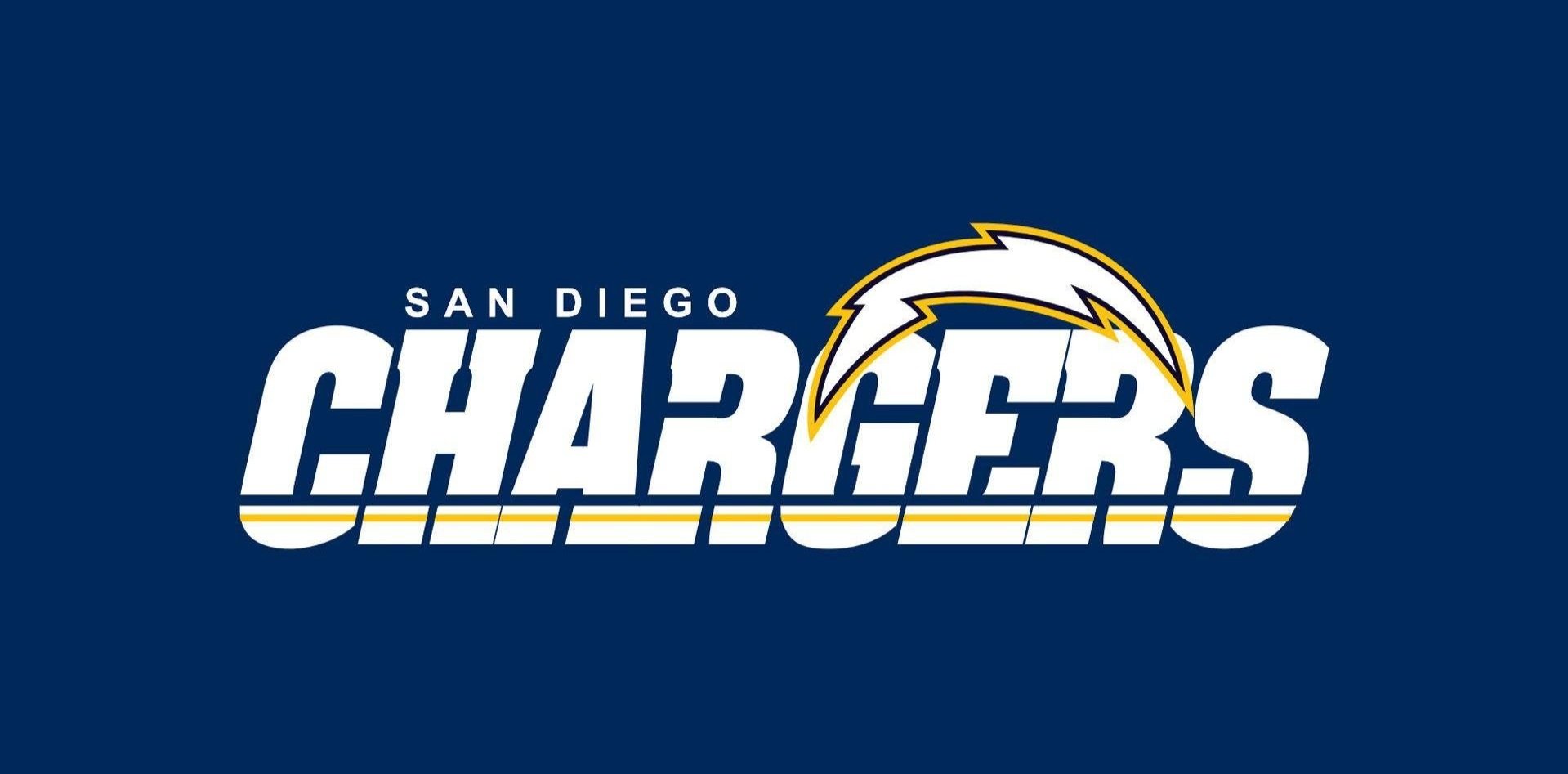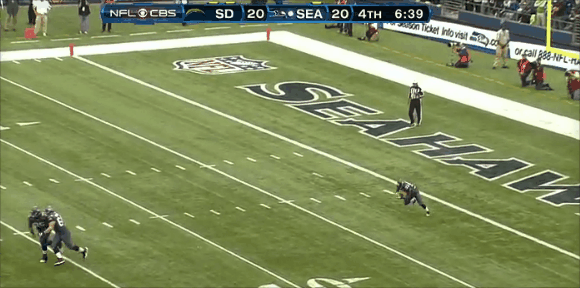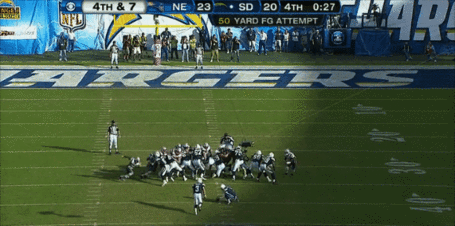The 2010 San Diego Chargers
Since the start of the Super Bowl era, only five teams have managed to finish a season ranked #1 in both offense and defense: the 1972 Dolphins, 1973 Rams, 1977 Cowboys, 1987 49ers, and 2010 Chargers. Of those elite teams, two went on to win the Super Bowl (the '72 Dolphins and '77 Cowboys), two were knocked out in the Divisional Round (the '73 Rams and '87 49ers), and one, surprisingly, didn’t even make the playoffs.
That last one? The 2010 Chargers. Which raises one simple but baffling question: how?
The Dominance
For the record, I can’t stand Philip Rivers: he's annoying and has the ugliest throwing motion ever. That said, I have to give him some credit. If Dan Marino is the best quarterback to never win a Super Bowl, then Philip Rivers might be the best to never even reach one. His 2010 season was no joke either, he became just the fourth quarterback ever to post a passer rating over 100 in three straight seasons. That’s elite company, whether I like it or not.
In 2010, Philip Rivers led the league with two 400+ yard passing games, topped the charts in passing yards (4,710), passing yards per game (294.4), and yards per attempt (8.7). That season was also the Chargers’ first without LaDainian Tomlinson since 2000, after he requested his release in the offseason. Despite that, the Chargers’ offense ranked #1 in total yards (6,329) and yards per play (6.1).
On the defensive side, they were equally impressive: #1 against the pass, #4 against the run, and #1 overall. They allowed the fewest total yards (4,345), fewest passing yards (3,135), fewest yards per game (271.6), and the fewest first downs (247).
On paper, this was a team that seemed to have it all figured out, with offense and defense both dominating their categories. You might think they were unstoppable. So, where did all the wins go?
Sometimes a team’s misfortune can be chalked up to turnovers, but that doesn’t really fit the Chargers’ 2010 story. They finished with a turnover differential of -6, meaning they gave the ball away only six more times than they took it away. Not ideal, but hardly disastrous. Other playoff teams like the Colts (-4), Saints (-6), and Seahawks (-9) had similar or worse turnover margins and still made the postseason. The Chargers’ turnover numbers were just below average, so that alone doesn’t explain their struggles.
The Problem
It’s well-known that Special Teams were the Chargers’ Achilles’ heel in 2010, but the popular narrative that they got a kickoff or punt returned against them every single game has been a bit exaggerated over time. In reality, they only allowed four kickoff or punt returns for touchdowns that season.
That said, it’s not to downplay how much Special Teams let them down. Those four return touchdowns were enough to lead the entire league in that unfortunate category, and they clearly played a major role in the team’s struggles.
Week 1 @ Kansas City Chiefs
After allowing a 34-yard punt return due to bad coverage, and a 22-yard punt return due to bad tackling, the Chiefs finally broke free for a 94-yard punt return touchdown. The Chargers lost by 7.
Week 3 @ Seattle Seahawks
Seattle opened the second half with a 101-yard kickoff return for a touchdown. Despite the Chargers’ offense rallying to tie the game in the fourth quarter, Seattle returned another kickoff for a 99-yard touchdown. The Chargers lost by 7.
Week 5 @ Oakland Raiders
In the 2010 season there were 12 blocked punts across the league, 4 of them were on the Chargers, which, of course, led the league. 2 of them occurred in the same game against the Raiders. The first rolled out of the back of the endzone for a safety, and the second was a scoop-n-score touchdown, for a total of 9 points. The Chargers lost by 8.
Mind-blowing Fun Fact: In 2010, the Raiders led the league in blocked punts with 2. Both occurred in the same quarter of the same game on back-to-back possessions, and both resulted in a defensive score. (That's got to be the only time that's ever happened. Someone with access to more stats than I do can fact check that, but it wouldn't surprise me.)
Week 6 @ St. Louis Rams
A fourth quarter field goal attempt was blocked when Kicker Nate Kaeding slipped and lost his footing. The Chargers lost by 3.
Week 7 vs. New England Patriots
With just 23 seconds left in the game, a 5-yard false start penalty pushed the Chargers back, turning a 45-yard field goal attempt into a 50-yard try, which was no good after hitting the upright. The Chargers lost by 3.
The Legacy
All of this unfolded before the season was even halfway over, as the Chargers stumbled to a 2-5 start. Although they rallied to win 7 of their final 9 games, the damage was already done: they missed the playoffs by just one game behind the Kansas City Chiefs.
While these moments might seem like isolated incidents with no clear proof that any single play cost them the season, the broader stats tell a more revealing story.
By the end of 2010, the Chargers led the league in return yards allowed (2,408), the fourth-highest total in NFL history, and also ranked fourth all-time (tied) in average yards allowed per return (18.4). But the real kicker was in punt returns. That season was punter Mike Scifres’ worst, as the Chargers gave up 528 punt return yards, leading the league with an average of 18.9 yards per punt return, an NFL record that still stands today.





